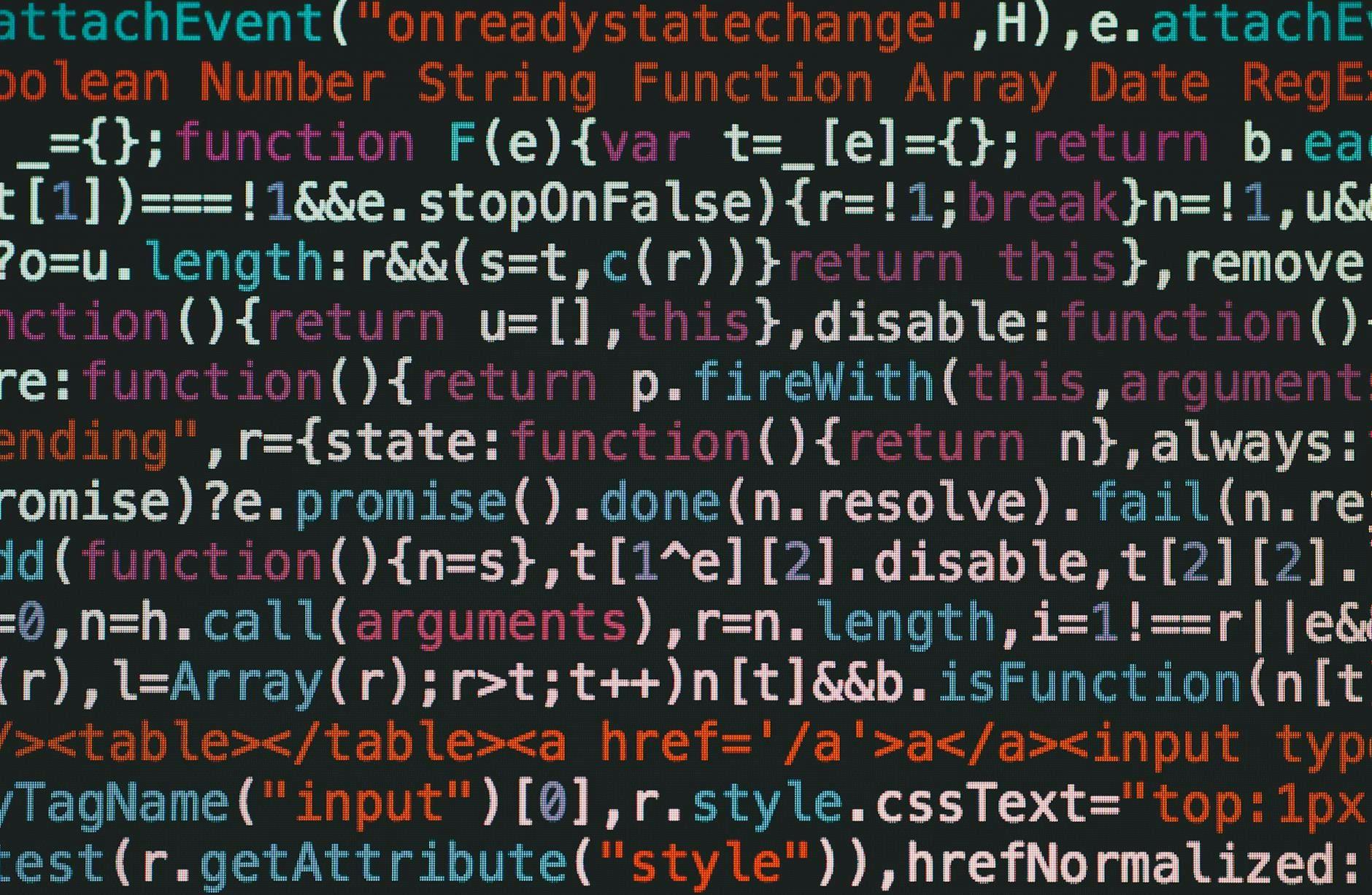252 reads
Vibe Coding: AI's Impact on Software Engineering
by
May 20th, 2025
Audio Presented by

Software Engineering Manager in Large FinTech. Just Another Tech Lead: (https://justanothertechlead.com/) Free Online Calculators at CalculatorLord (https://calculatorlord.com)
Story's Credibility



About Author
Software Engineering Manager in Large FinTech. Just Another Tech Lead: (https://justanothertechlead.com/) Free Online Calculators at CalculatorLord (https://calculatorlord.com)
